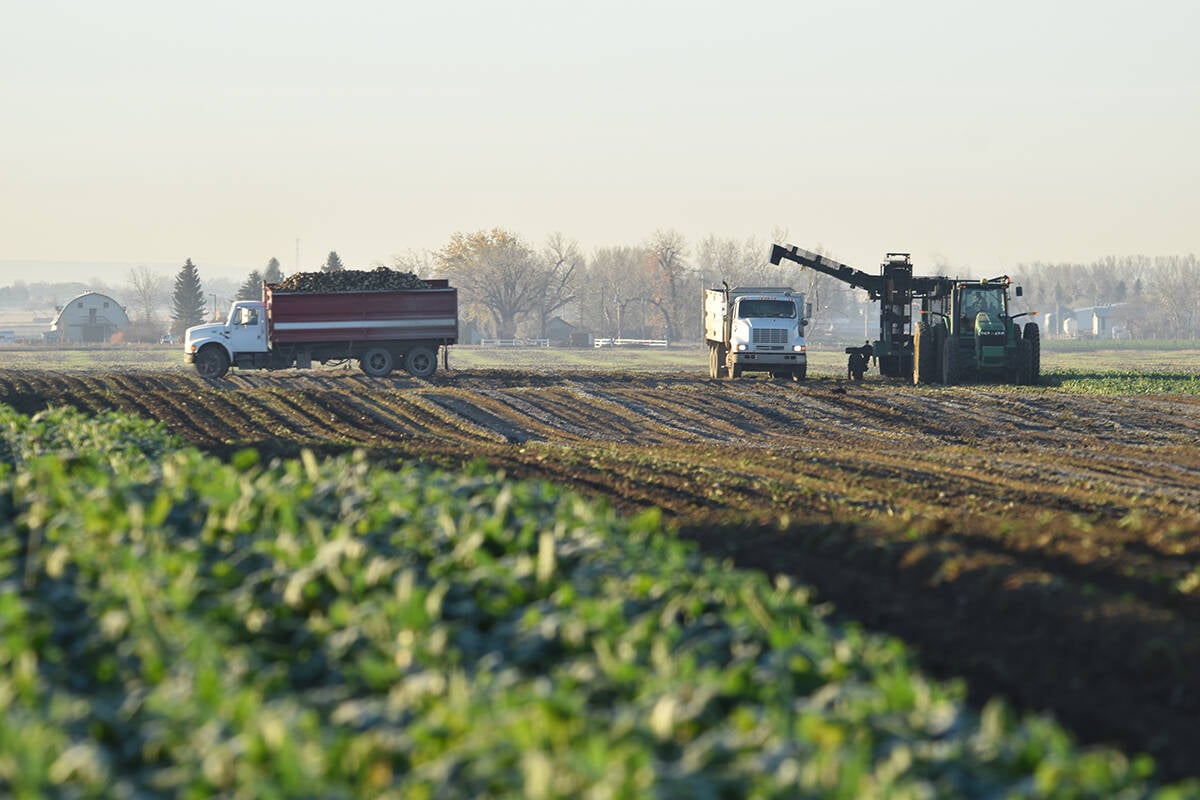OTTAWA (Staff) – Despite cautious words from both Ottawa and Quebec City last week, the election of a separatist Quebec government may usher in an era of agricultural confrontation between the two capitals that will have implications across the country.
Quebec’s most powerful farm spokesman predicted that the Parti QuŽbecois government soon will be bombarding Ottawa with demands that the federal government give up much of its role in the province’s agriculture.
Laurent Pellerin, president of the Union des Producteurs Agricoles, said the new Quebec agriculture minister will have farmer support in that demand.
Read Also

Canada the sole G7 nation without a Domestic Sugar Policy to aid local sugar beet production
Canadian sugar beet industry vastly different to US with free-market system compared to protective government-regulated sugar program
“Farmers here have been very clear in past years that they want Quebec to have more powers,” he said. “The federal government, if they want to move ahead and to score some points, will have to make those changes.”
In Ottawa, federal agriculture minister Ralph Goodale was cool to the suggestion.
He said Ottawa will be interested in reducing duplication in services but it has no intention of abandoning its joint responsibility for agriculture in all the provinces.
“There is obviously a national role to play in Canadian agriculture and I will defend it,” he said.
On the sidelines of the dispute will be the other nine provinces, watching to see if the Ottawa-Quebec feud disrupts progress in such key negotiations as safety net and supply management reform. Some will expect the same kind of concessions from Ottawa that Quebec receives.
The Sept. 12 election of the first separatist Quebec government in nine years was followed quickly by a promise from premier-designate Jacques Parizeau that a referendum on separatism will be held next year.
He promised that his government will attend federal-provincial meetings but his main goal during the next year will be to prove to Quebeckers that federalism does not work to their advantage.
Pellerin said he expects the new pre-referendum government to court the farm and rural vote with a policy of aggressive support, including right-to-farm legislation. He also expects a strong defence of Quebec interests during national negotiations over such issues as safety nets and western grain transportation subsidies.
There has been some speculation the PQ either will not attend federal-provincial meetings or will try to sabotage them so no progress can be made within Canada.
Participation expected
The UPA president disagreed.
“We know their goal but I think they will honestly try to win things for farmers in these meetings,” he said. “I think they will participate in the meetings to see what they can get.”
Goodale also said he expects the PQ to take part in ongoing negotiations over agricultural policy reform.
“We have established a process and I would hope and expect all governments would try to do the best they could for their farm constituents,” he said.
The federal minister noted the popular vote in Quebec was almost evenly split between the PQ and Liberals, and that the Opposition Liberals won some rural seats.
“I don’t see a mandate there for a drive to separation,” he said.
Nonetheless, the battle for the sympathies of Quebec farmers is on in the months before the promised referendum.
The PQ has promised to spend millions of dollars on pollution control in rural Quebec, helping farmers deal with their manure disposal problems.
And in Ottawa, prime minister Jean ChrŽtien decided to appoint a French-speaking junior cabinet minister to assist Goodale. The fact that the agriculture minister is unilingual English-speaking has raised some complaints in Quebec.
On Sept. 15, New Brunswicker Fernand Robichaud was appointed a secretary of state for agriculture and for fisheries and oceans.














